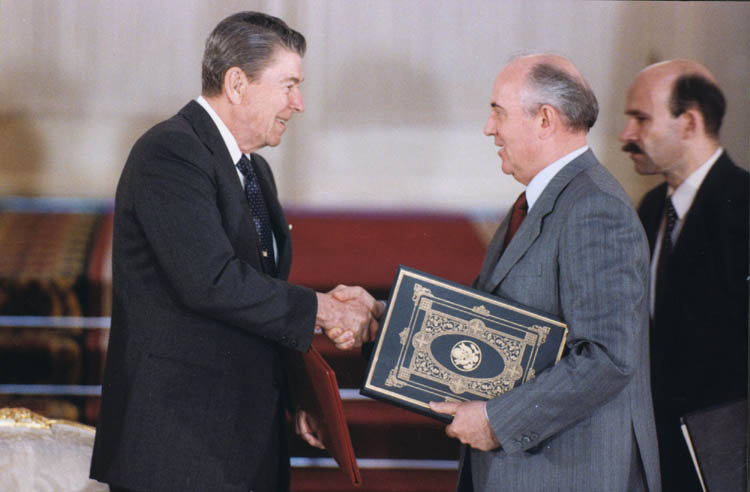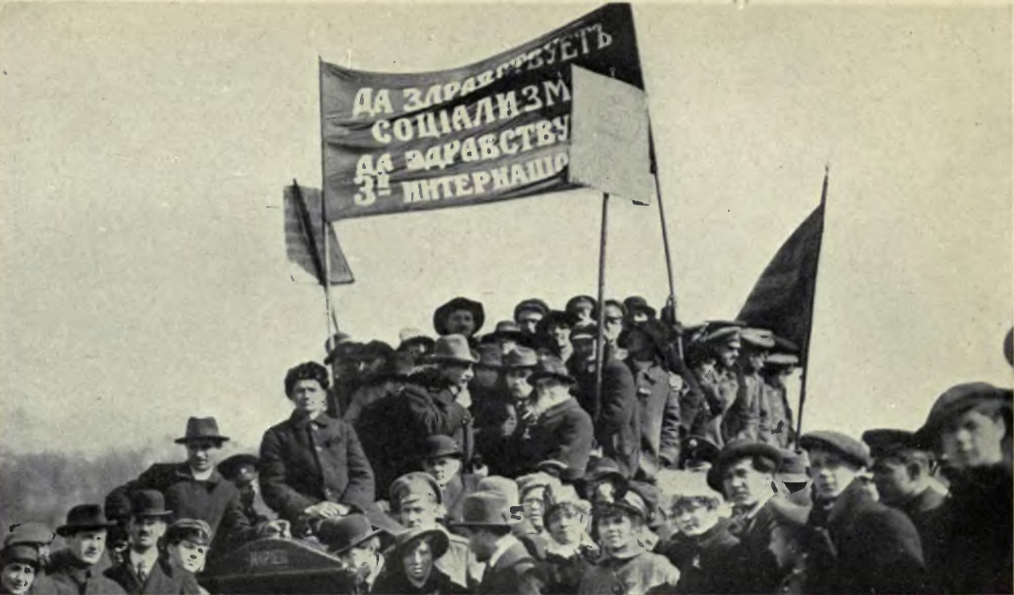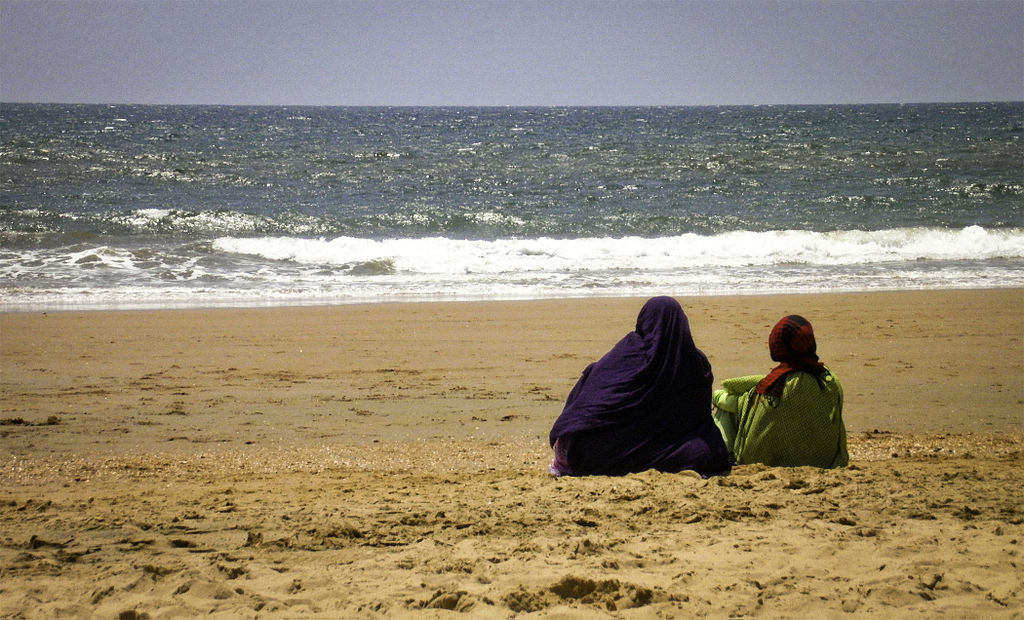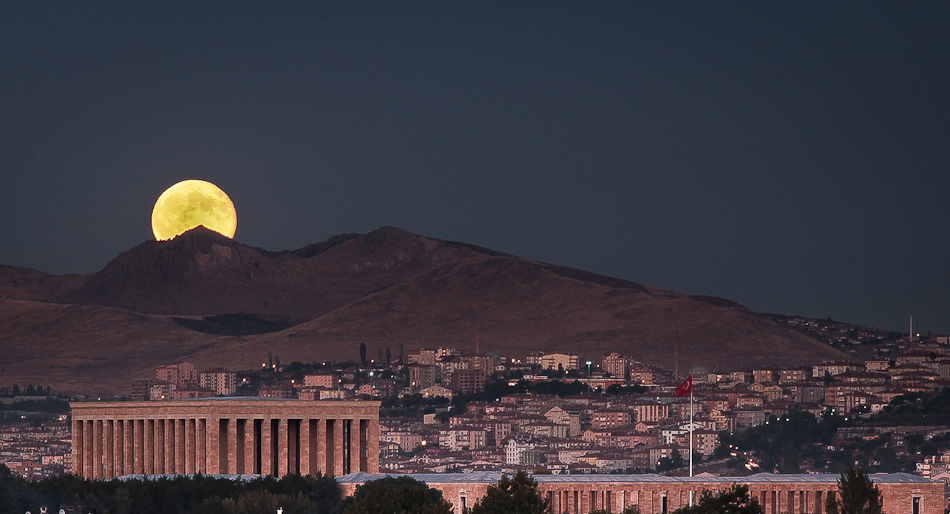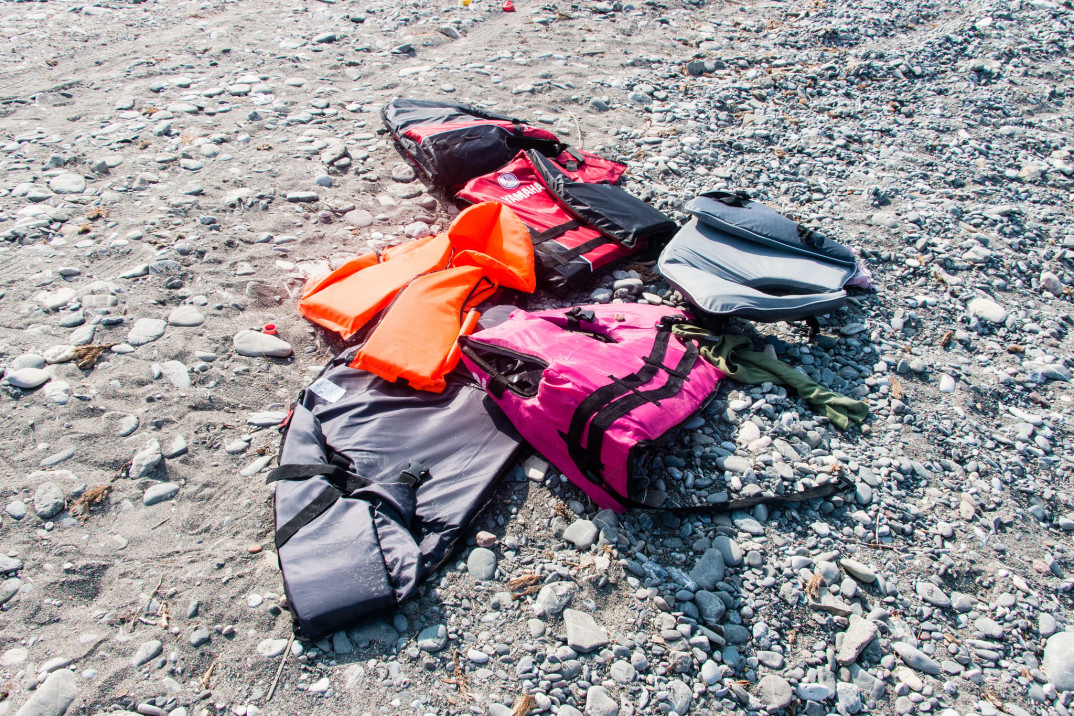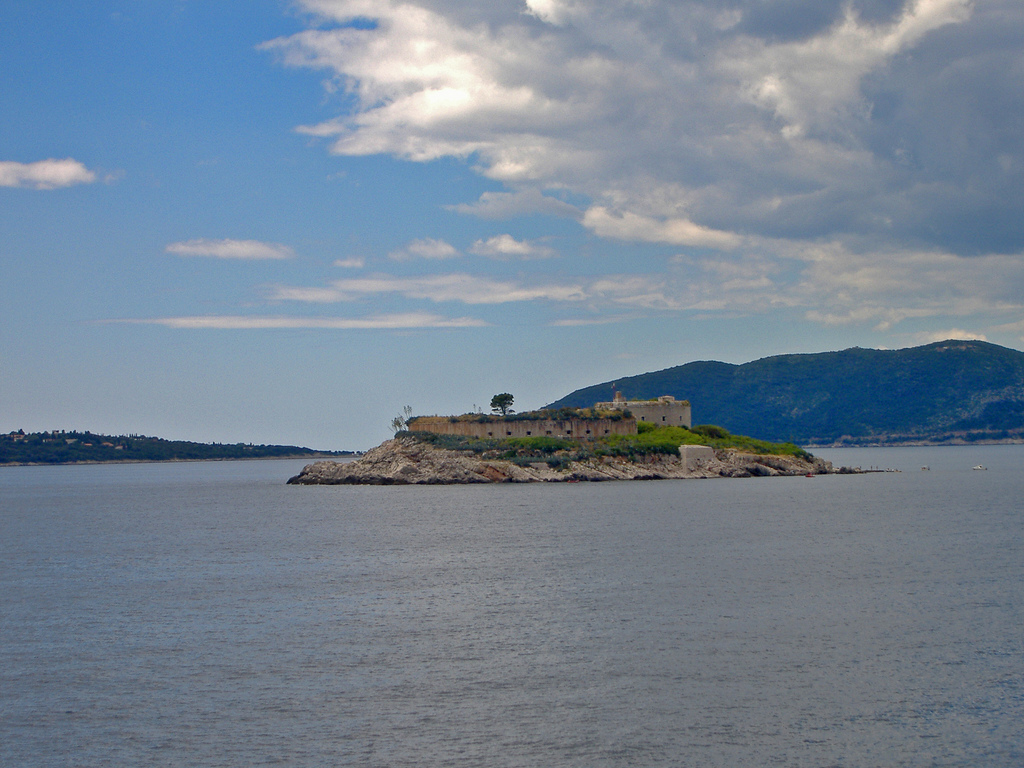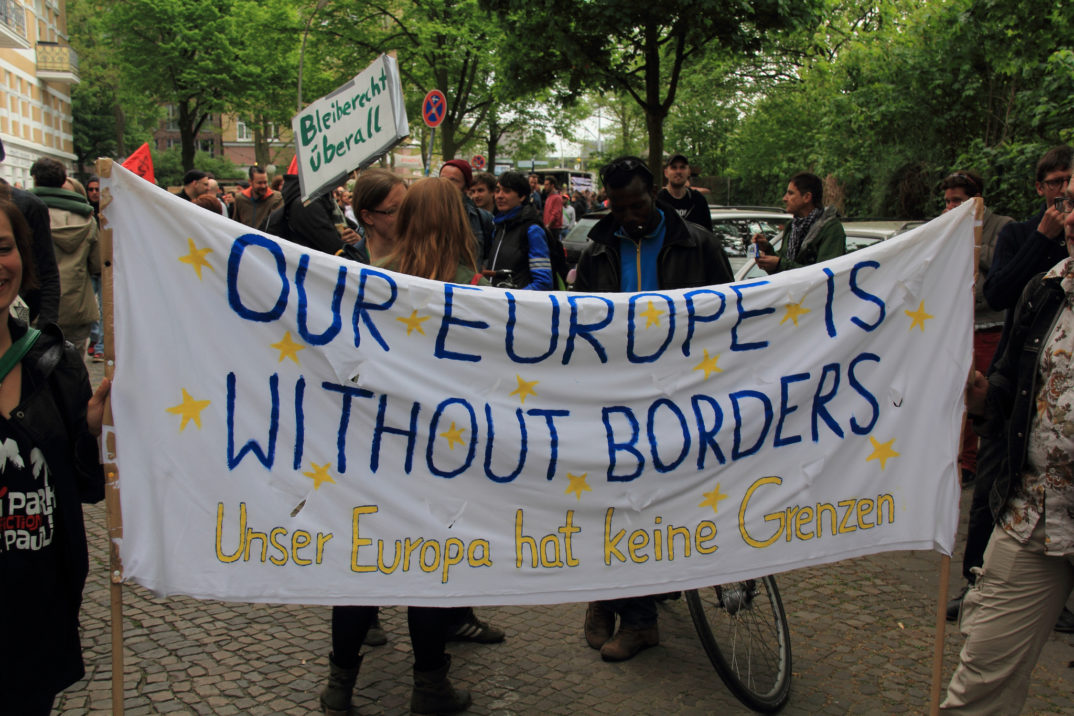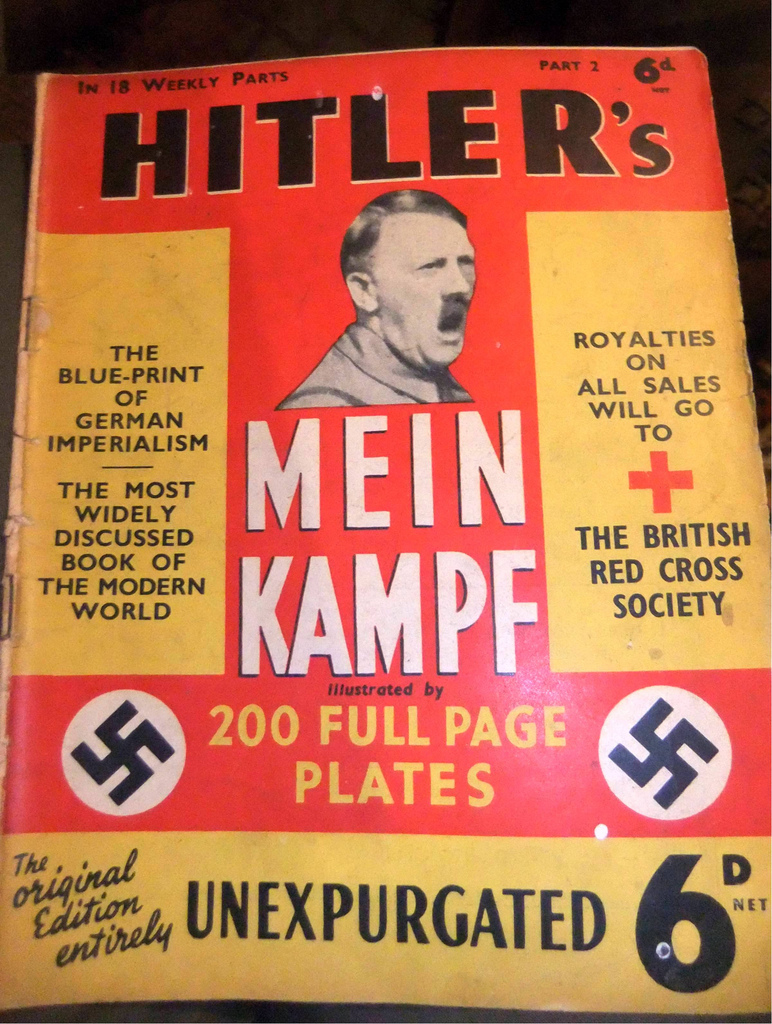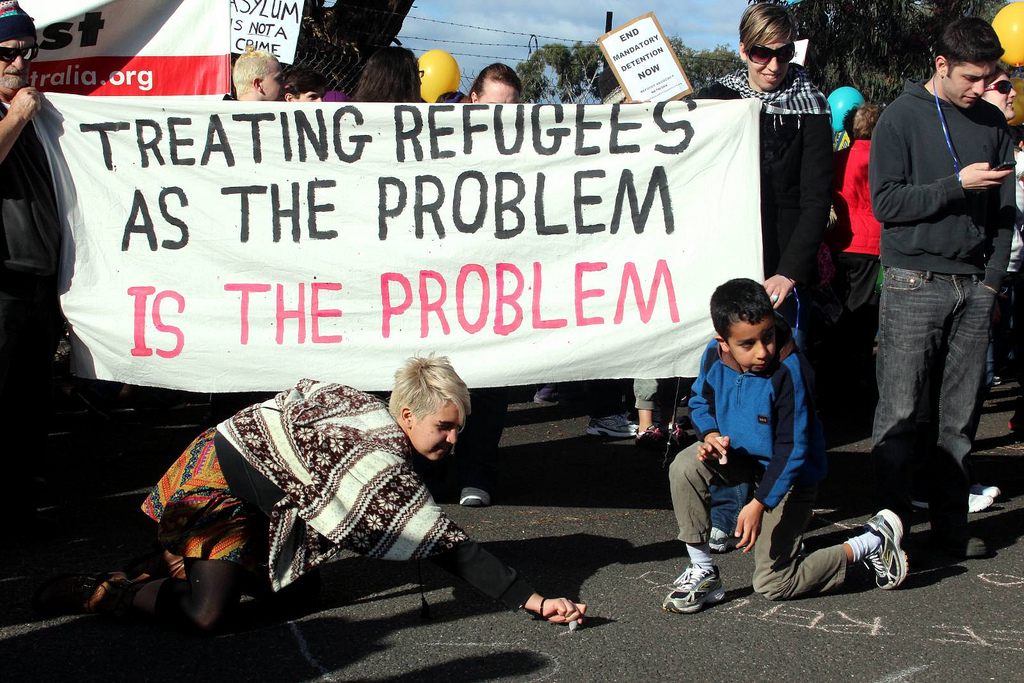In a very dramatic speech on February 1, 2019, Secretary of State Mike Pompeo declared that the US is suspending its obligations under the INF Treaty effective February 2 due to Russia’s continuous violation of the Article XV of the treaty, which obligates parties “not to produce, possess, or flight-test a ground-launched intermediate-range cruise missile system with a range between 500 and 5,500 kilometers.” Russia followed the US decision just hours after the Secretary Pompeo’s speech.
The Intermediate-Range Nuclear Forces Treaty was signed by Ronald Reagan and Mikhail Gorbachev in 1987 in order to prevent both the US and then the Soviet Union from developing an entire class of nuclear weapons, leading to a gradual removal and destruction of more than 2600 missiles. The Treaty was celebrated as one of the most advanced and consequential agreements between the two world powers that aimed to bring more security to the North Atlantic Area, and most importantly to calm down the tensions caused by the Cold War. The purpose of these missiles was to threaten the possibility of nuclear war in Europe, as they were not easily noticeable on radars due to their short flight times and unpredictable flight patterns. Notably, this treaty was not only important for Europe, as it also imposed a ban on using “all types of ground-launched cruise and ballistic missiles” anywhere in the world.
The US has first warned about Russia’s violation of the treaty in 2014, and since then has been imposing various policies and sanctions trying to leverage Russia to comply with the treaty. Russia has rebutted those claims, asking that the US provides evidence, while also giving a list of US violations. As time passed the US allies started to increasingly align with the US assessment and ultimately “concluded that Russia has developed and fielded a missile system.” The Euro-American front seemed to be clear in their position towards Russia, but some of the first reactions coming from Europe seem hesitant to completely side with President Trump, as most of those countries view this treaty as a pillar of their security architecture. Several questions arise after the withdrawing from the treaty: what are the major consequences of the withdrawal, and was the decision to withdraw more opportune then the policy of trying to leverage Russia back to compliance?
The array of consequences are still debated, especially the results of this decision on the peace and security in the world. America’s European allies have already expressed their disaffection with President Trump’s decision as they fear that Russia is once again going to be able to target all parts of the European territory. Another fear also accompanies that of the Russian attack: the decoupling of US and European security. European allies have relied for a long time on US interest in keeping Europe safe, but President Trump has often emphasized that this responsibility is now on Europeans themselves. The transatlantic area has been under a strain for a quite some time, and the withdrawal is going to provide just another kick in the already tense relationship. There is a lot of discussion on whether NATO is going to be able to balance between the allies as the new challenges arise, but the next steps have yet to be seen.
Another important factor is that the US will now be free to develop intermediate range missiles as a deterrence mechanism against China, but this might also indicate a beginning of a new arms race. China has not been part of the INF, and as such was not restrained to develop intermediate-range missiles which led to China’s missile arsenal consisting of approximately 95% of intermediate-range systems. However, the fact remains that if US and China commence the arms race, the chances of a potential new INF treaty that would include China, Russia, and European allies seems less likely especially as the US will need to ensure support both from Europeans and Russians in order to compel China to join.
The previous administration pursued the approach of targeted policy and sanctions to try to convince Russia to get back to compliance to the INF Treaty. Although this approach did not result in Russia’s policy reversal and decision to comply, one question remains open: why did the US withdraw without a readily available alternative, and would remaining a party to the treaty make any future negotiations easier? In case of the START I Treaty, Russia and US readily replaced the expiring treaty with its refreshed version New START, just half a year after its expiry. Exiting the treaty obligations while the treaty was still in force, despite the fact it had been violated by one party, makes it much harder to renegotiate as it opens space for potential disagreements on things that the previous agreement had established and clarified, and most importantly allows for a period of arms race before any new potential agreement is reached. Consequently, one must take into account the long lasting process that goes into negotiating any kind of arms deal, especially between two world powers. In evaluating the consequences of the withdrawal one ought to take into account the possibility of renegotiating the status quo.
The full range of consequences of the US and Russian withdrawal are not yet clear, but we can only hope that we are not going to repeat the mistakes of our past.

